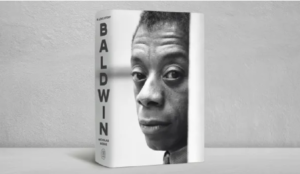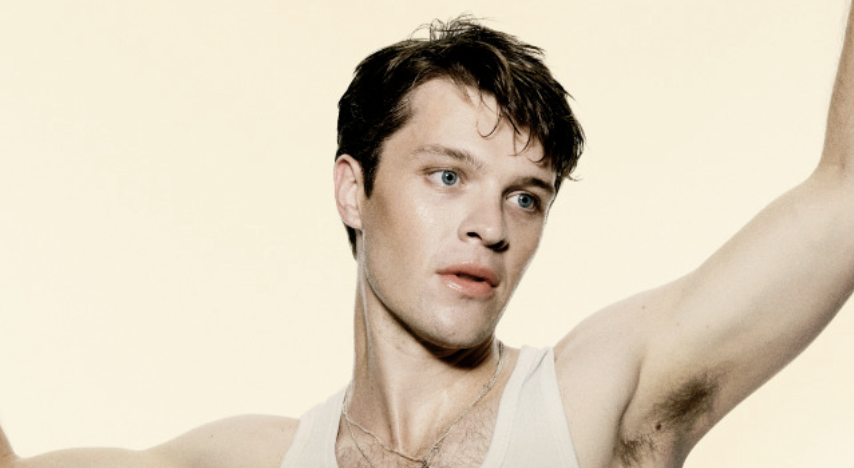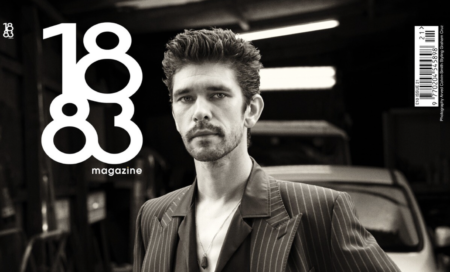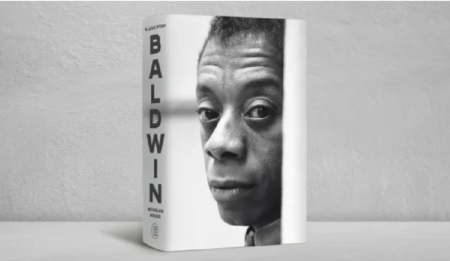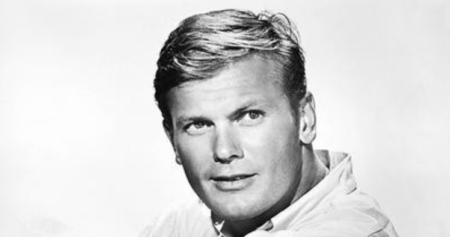A stage adaptation of Alan Hollinghurst’s Booker Prize-winning novel The Line of Beauty, which has already been a TV drama series, will open in London this autumn.
The play, adapted by Jack Holden and directed by Michael Grandage, runs at The Almeida in Islington, north London, from 21 October to 29 November 2025, with press night scheduled for 29 October. Christopher Oram is responsible for set and costume design, Howard Hudson for lighting, and Adam Cork for sound and original music. Ben Wright is credited as movement and intimacy director – which sounds promising! – and Sophie Holland CDG as casting director. The production lists support from Dianne Roberts and The Charlotte Aitken Trust.
Set in summer 1983, the story follows Nick Guest, who moves into the Notting Hill home of his university friend Toby and becomes entangled with Toby’s family: Gerald, a newly elected Conservative MP; Gerald’s wife Rachel; and their daughter Cat. The narrative charts Nick’s immersion in a world of wealth, social aspiration and political influence, and examines the tensions between private desire and public image amid the social and cultural shifts of Thatcher-era Britain.
Hollinghurst’s novel, praised for its exploration of class, sexuality and aesthetics in 1980s Britain, won the Booker Prize in 2004 and has been adapted previously — most notably as a 2006 BBC television drama. This new theatre version is billed as a ‘poignant’ reimagining that seeks to capture the novel’s themes of beauty, ambition and the costs of conformity.
Michael Grandage is an established theatre director with a track record on the London and international stage, including work recognised at the Olivier and Tony Awards. Jack Holden, the adapter, has been nominated for Olivier Awards for his previous work.
The production’s run coincides with continued public interest in cultural reflections on the Thatcher years, a period whose legacies in British politics and society remain contested. The staging will join a number of recent theatrical projects revisiting the 1980s, offering audiences another angle on how that decade shaped contemporary debates about class, sexuality and power.





